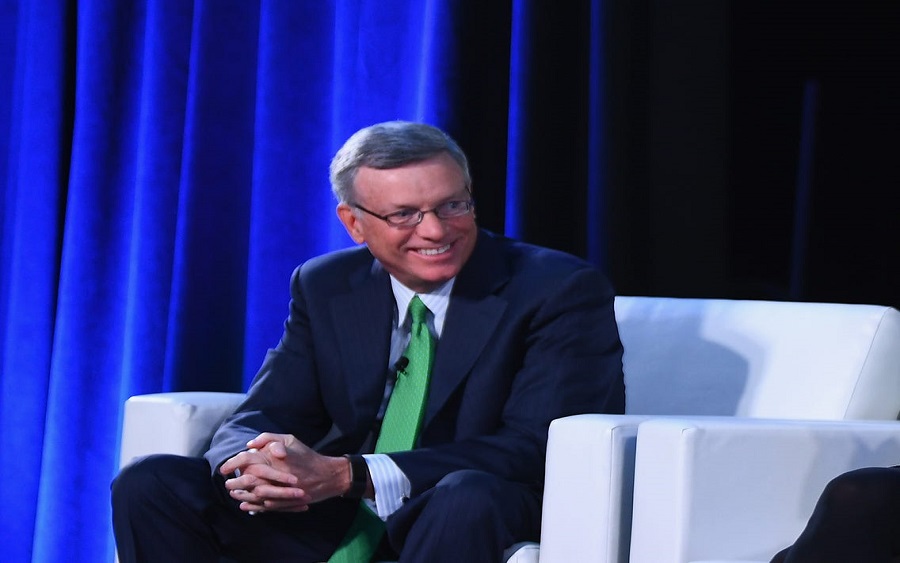Popular payments company, Visa, has announced that it is acquiring fintech startup, Plaid, in a deal worth $5.3 billion.
Plaid, which is known for using its API software to connect startups to users’ bank accounts, had Visa and its rival, Mastercard as early investors before they shot into limelight. Other investors include the venture arms of Citi and American express and Goldman Sachs.

While speaking on the deal, the Chief Executive Officer, Visa, Al Kelly, said Plaid had undergone a compound annual growth rate of roughly 100% since 2015. He made known that the deal would benefit both parties as it would position Visa for expansion in terms of its total addressable market and relationships with fintech companies while also boosting Plaid’s growth.
Elated Kelly told CNBC that the deal had the ability to accelerate Visa’s revenue over time, as it could add as much as 100 basis points to the company’s net revenue growth by 2021.
Chief Executive officer, Plaid, Zach Perret disclosed that the company had gotten to know Visa through its initial strategic investment in Plaid and since then series of conversations happened leading up to the deal.
[READ MORE: Nigeria’s IHS Towers acquires Brazil’s Cell Site Solutions from Goldman Sachs)
Perret, who co-founded the company with a former colleague William Hockey, said the Visa brand would help Plaid scale its products and global footprint.
“We feel fortunate to have been there for the early days of fintech, and to have helped develop that ecosystem, This represents an important milestone, and the ability to work with Visa to make our products much bigger and better — both domestically and internationally,” Perret said in an interview.
What you should know: Ever since the Silicon Valley start-up launched in 2013, it has integrated more than 11,000 banks and connected more than 20 million consumer accounts. Plaid has also raised $250 million in a 2018 Series C funding round that launched its valuation to $2.7 billion.
Plaid added that its customer base doubled from 2017 to 2018 and has expanded to the United Kingdom and Canada.
















